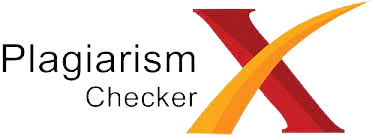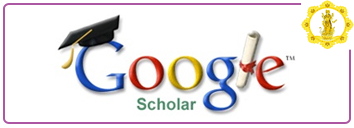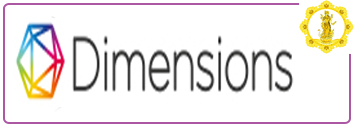PENINGKATAN PROFESIONALISME TENAGA PENDIDIK BERBASIS LITERASI DAN DISKURSUS
DOI:
https://doi.org/10.25078/japam.v3i01.2407Keywords:
professionalism, educators, literacy, discourseAbstract
Education is a vessel for generations, which not only educates the nation, but education is an opening of insight and changing mindsets from mistakes. The educational paradigm will not be eroded by the times, however, it will be deconstructed by elements depending on where the education is directed. This orientation can only be done by those who are involved in the world of education, both students and educators. The element of interest that runs in it makes education motivated from time to time to era to era. This paper interprets educational actors both in terms of their rights and obligations. To produce valid and reliable data, this paper uses a qualitative writing style. In producing logical data, this paper performs several stages of data sorting in the form of: 1). Data collection, 2). Data reduction, 3). Display data, 4). Verifying data, and 5). Interpreting research data.In its presentation, measurable analysis becomes the basis for processing the data obtained. The perfection of this paper cannot be separated from the library technique which is carried out through an assessment of the existing literature on Google Scholar. Education is expected to be able to develop students' insights into ideology, politics, religion, economy, social, culture, and defense in a timely and correct manner, so as to bring individual, societal and state progress to create national development. The role of educational staff is central in shaping human character, so that educators must also build their professionalism through contemplation as self-management and building a culture of literacy and discourse as a scientific or knowledge locomotive in building broad insights and progress of civilization.
References
Anumpama Bhargava dan Mk Pathy. 2011. “Perseption of Student Teachers About Teaching Competencies” Vol 1: 77.
Arbono Lasmahadi. 2002. Sistem Manajemen SDM Berbasiskan Kompetensi. Jakarta Siagian,
Arifin, H. Muzayyin. 2003. Filsafat Pendidikan Islam, Jakarta: Bumi Aksara
Keith Davis & John W. Newstrom. 1993. Perilaku dalam Organisasi. Penerbit Erlangga. Jakarta.
N. Illahi, 2020. “Peranan guru profesional dalam peningkatan prestasi siswa dan mutu pendidikan di era milenial,” J. Asy-Syukriyyah,
R. R. Pangestika and F. Alfarisa, 2015. “Pendidikan Profesi Guru (Ppg): Strategi Pengembangan Profesionalitas Guru Dan Peningkatan Mutu Pendidikan Indonesia Ratna Rosita Pangestika {&} Fitri Alfarisa,” no. 1995, pp. 671–683 Sondang P. 2019. Manajemen Sumber Daya Manusia. PT. Bumi Aksara Jakarta.
W. David Downey & Steven P. Erickson. 1992. Manajemen Agribisnis. Edisi kedua. Penerbit Erlangga
https://rendratopan.com/2019/08/14/pendidik-dan-tenaga-kependidikan-berdasarkan-undang-undang-sistem-pendidikan-nasional/#Pengertian-Tenaga Kependidikan (dikutip tanggal 25 Januari 2023)
https://www.academia.edu/79866297/Artikel_manajemen_tenaga_pendidik_dan_pendidikan#:~:text=Manajemen%20tenaga%20pendidik%20dan%20kependidikan%20adalah%20aktivitas%20yang,penghargaan%2C%20pendidikan%20dan%20latihan%20atau%20pengembangan%20dan%20pemberhentian (dikutip tanggal 5 Januari 2023).









